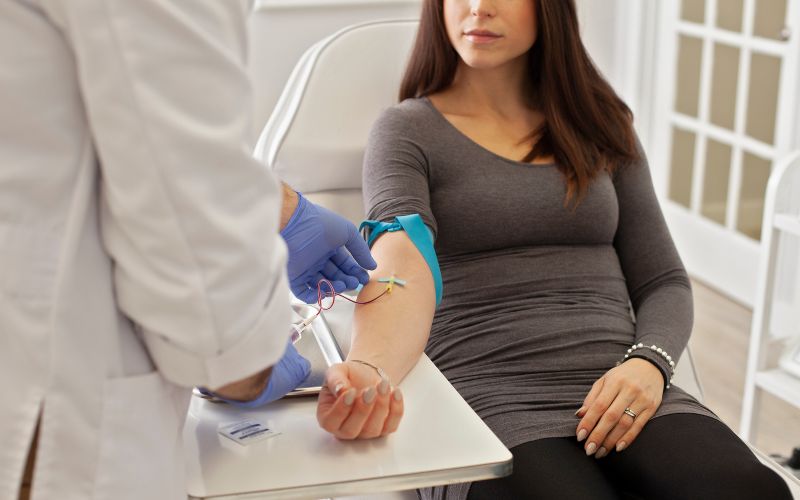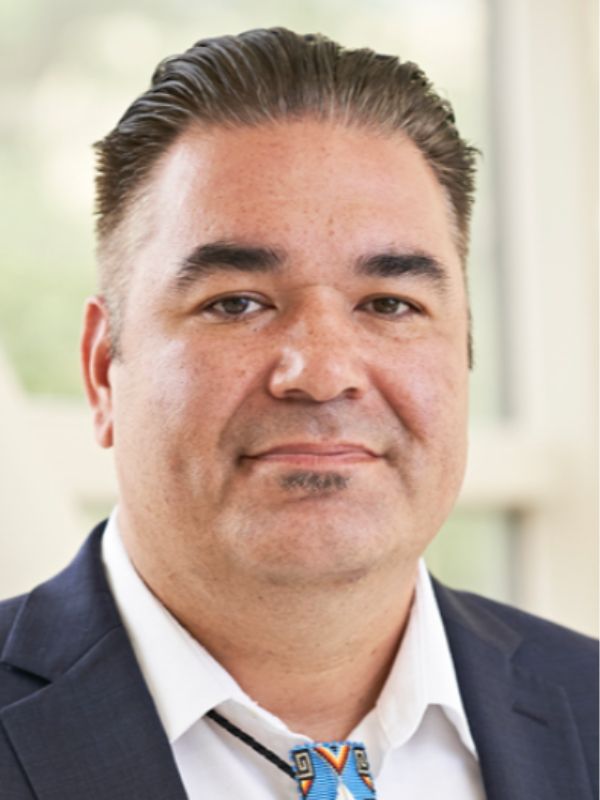
- Details
- By Kaili Berg
A standard diagnostic test for ovarian cancer is less effective in detecting the disease among Black and Native American women, according to a recent study published in JAMA Network Open.
The test looks for elevated levels of CA-125 — a protein produced by ovarian tumors — in patients’ blood. Its development in the 1980s relied almost exclusively on clinical data from white women. For decades, it has been widely used without significant recalibration to account for biological variation across different racial and ethnic groups.
According to the University of Pennsylvania study published in JAMA, Native women and Black women are 23% less likely to exhibit elevated CA-125 at the time of diagnosis compared to White patients, potentially leading to delayed treatment and poor outcomes.
Native American women have the highest incidence of ovarian cancer among all racial groups, and Black women experience lower survival rates compared to their white counterparts.
The study’s lead researchers argue that systemic underrepresentation of Native and Black patients in clinical trials is contributing to ongoing health disparities.
According to the study, which examined data from more than 200,000 women diagnosed between 2004 and 2020, patients with falsely low CA-125 levels began chemotherapy an average of nine days later than patients whose cancer was detected by the test.
That delay can mean the difference between early-stage, treatable cancer and a more aggressive, life-threatening stage. The American Cancer Society ranks ovarian cancer as one of the five most deadliest cancers affecting women in the U.S., with patients’ chances of survival decreasing significantly when diagnosis is delayed.
 Dr. Rodney Haring (Seneca), director of the Center for Indigenous Cancer Research at Roswell Park, told Native News Online the study’s findings are a glaring example of medical research excluding Native populations.
Dr. Rodney Haring (Seneca), director of the Center for Indigenous Cancer Research at Roswell Park, told Native News Online the study’s findings are a glaring example of medical research excluding Native populations.
“Too often, Native populations are studied about, not studied with, and definitely not leading the research,” Haring (Seneca) said. “That has to change if we want health equity. We need Native-led research to ask the right questions, include culturally-relevant data, and build trust.”
Haring pointed out decades of medical research that excluded Native people or grouped them into broad “other” categories, erasing nuance and making it impossible to detect patterns unique to Indigenous communities.
Haring also highlighted that Indigenous-led research allows for culturally relevant methodologies, tribal oversight of data, and a stronger connection between scientific findings and on-the-ground community needs.
“We are not just data points, we’re decision-makers,” Haring said. “Data sovereignty is more than a buzzword. It’s about self-determination. And it’s the only way we’re going to start correcting these disparities.”
Haring also noted that even well-meaning researchers can perpetuate harm if they fail to build trust or meaningfully involve Native communities.
“You can’t helicopter in, collect samples, and disappear. Our communities remember that. Real partnerships take time, and they require respect,” Haring said.
The authors of the CA-125 study are calling for a reexamination of the test’s clinical thresholds and a more inclusive approach to developing diagnostic tools.
Haring and others in the Indigenous health space are pushing for more transformative structural change that centers Native voices from the beginning of the research process.
“Health equity isn’t just about correcting bias after the fact,” Haring said. “It’s about ensuring we’re designing systems, tests, and policies that work for everyone, starting with those who’ve been overlooked the longest.”
Haring added that Native researchers, clinicians, and community leaders have been advocating for these changes for decades, often without adequate funding or institutional support.
“It shouldn’t take a national study to validate what our communities already know,” Haring said.
More Stories Like This
Seven Deaths in Indian Country Jails as Inmate Population Rises and Staffing DropsSen. Luján Convenes Experts to Develop Roadmap for Native Maternal Health Solutions
Senate Passes Bill Aimed at Missing and Murdered Indigenous Peoples Crisis
Johns Hopkins Collecting Tribal Success Stories from $1.5B Opioid Settlement
Arizona MMIP Task Force Holds Listening Session for Survivors and Families


